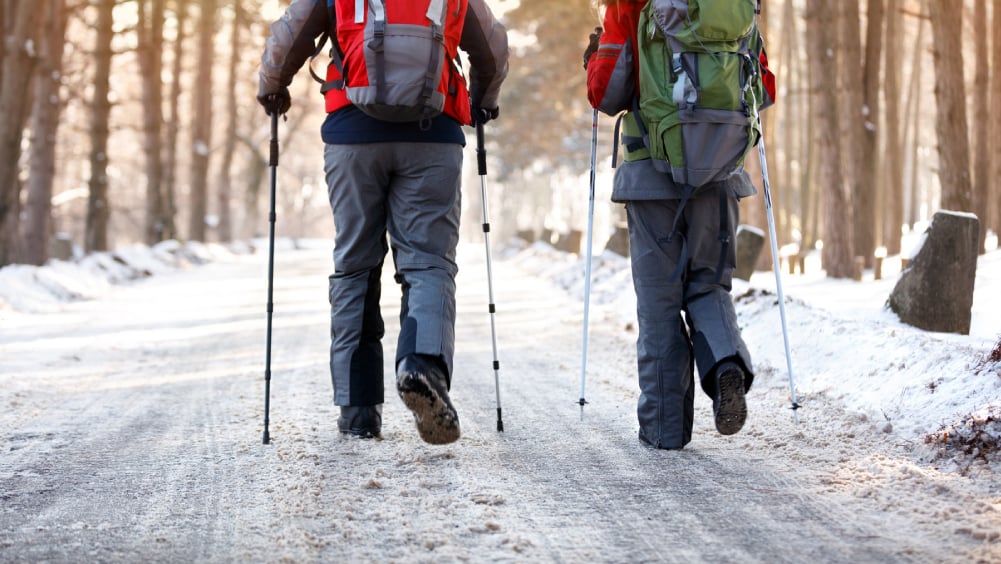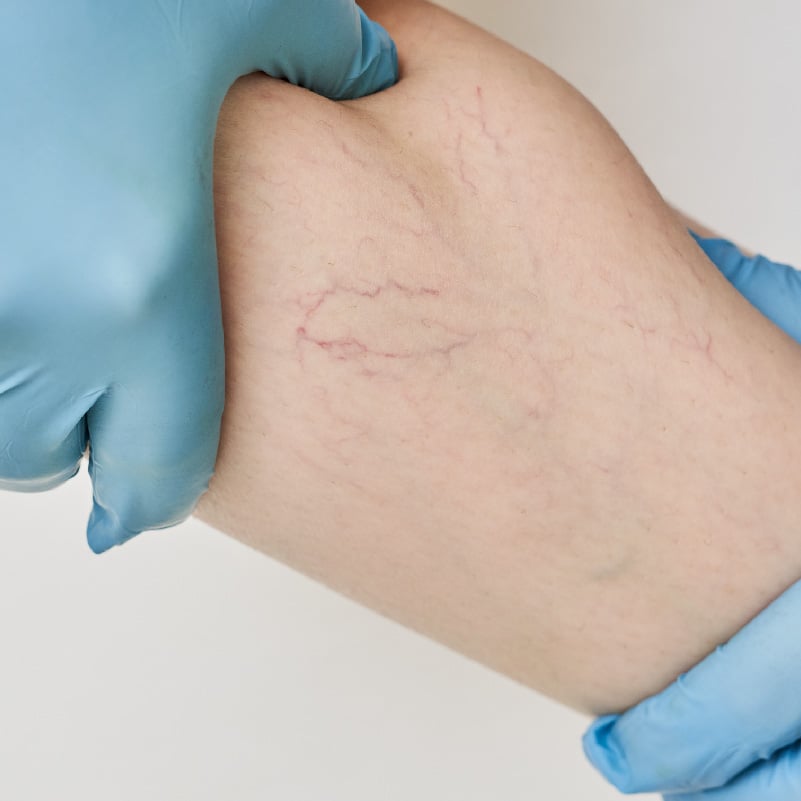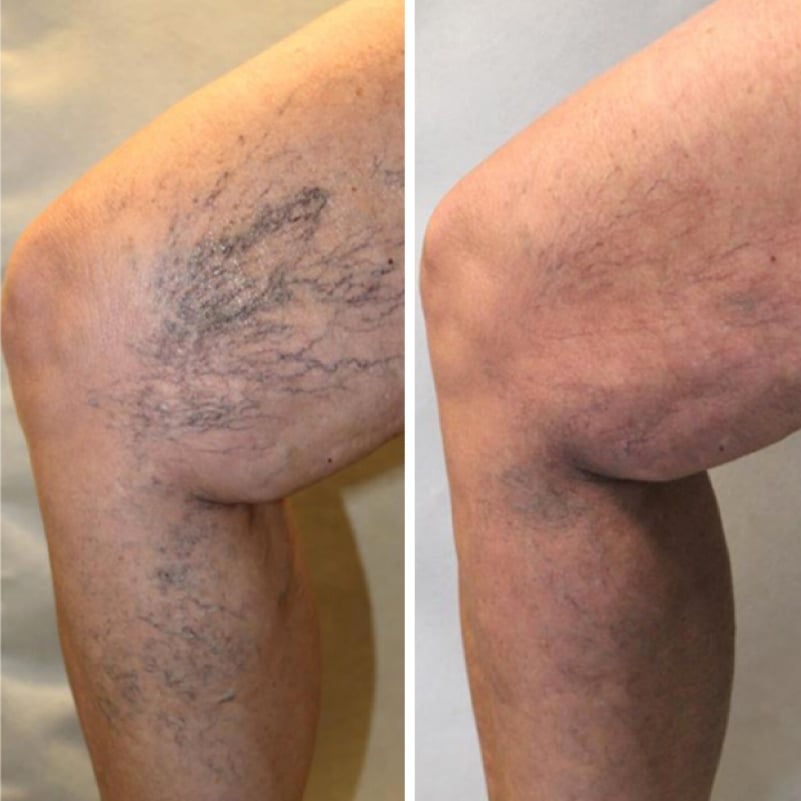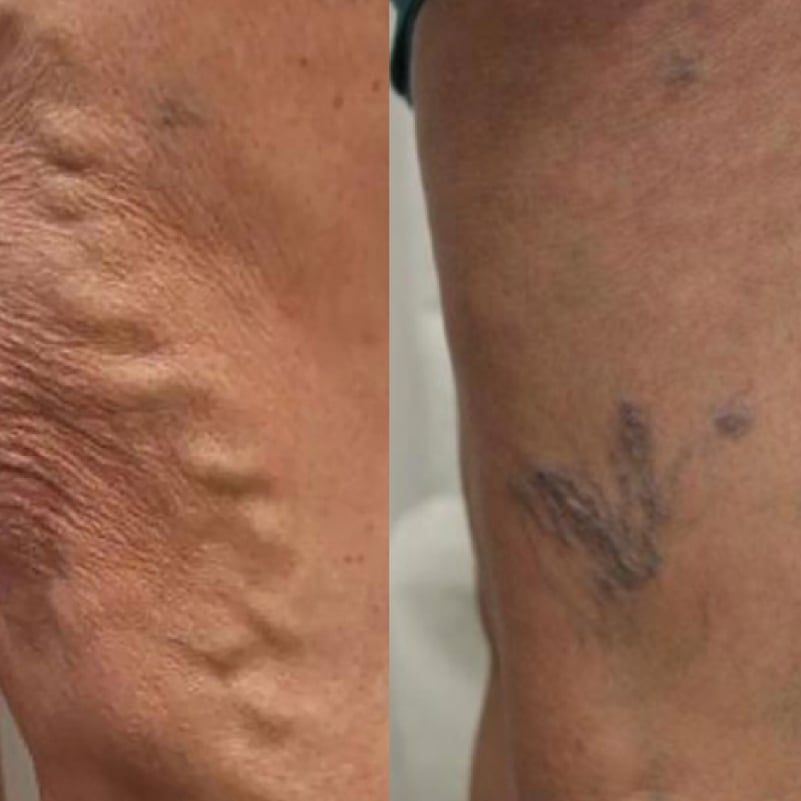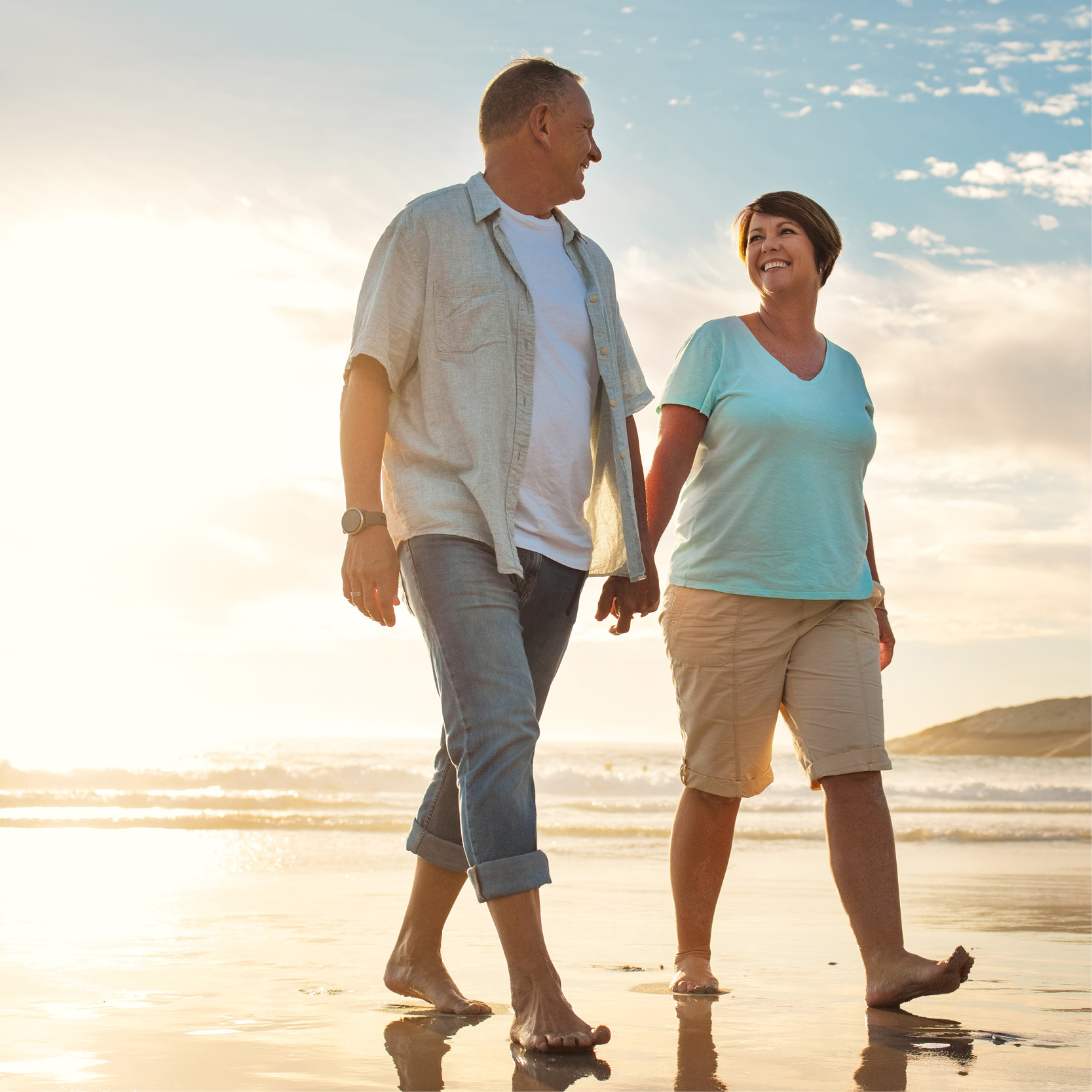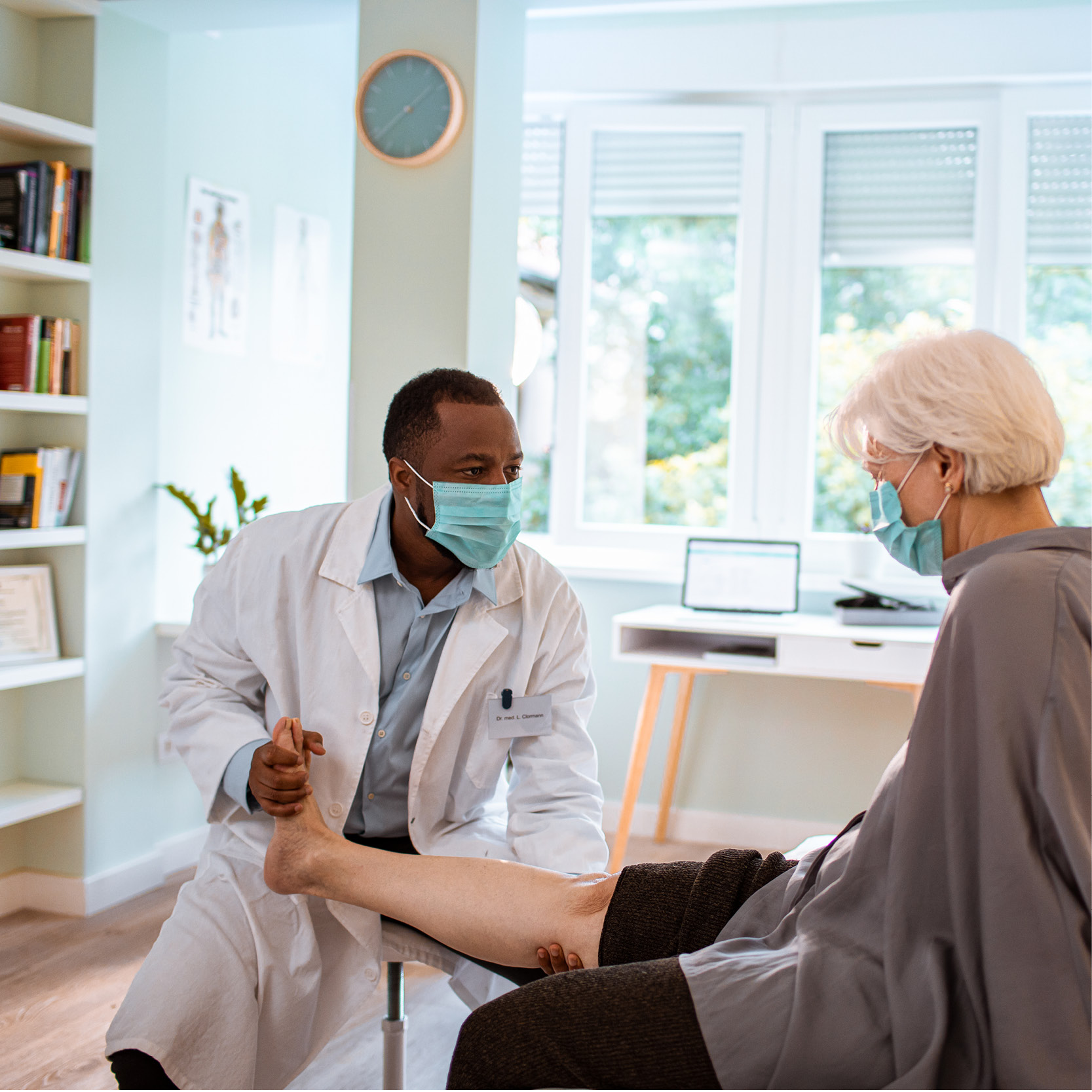When most people think about varicose veins, they think about bulging veins. Unfortunately, the signs of varicose veins can be vague and nonspecific, which the untrained eye has a hard time distinguishing.
Many patients don't realize that you don't need to see bulging veins to have varicose veins. Some patients suffer severe cases of certain symptoms of varicose veins, but don't even have any visible bulging varicose veins.Patients do not need to have bulging varicose veins to have the underlying disease (chronic venous insufficiency) or experience the symptoms.
Our team at the Rochester Regional Health Vein Treatment Center compiled the 12 most common symptoms of varicose veins based on what patients subjectively feel or see. We also considered the signs of varicose veins - what vein doctors see and observe during an examination.
1. Dull, Throbbing Feeling
Do your legs constantly throb and ache? Do they feel dull and painful, causing you to constantly want to rub or elevate them?
Patients often describe this symptom as a background annoying pain, pressure, or cramping/tingling-type feeling that is tolerable during the day when you're too busy to dwell on it. But at the end of the day when they try to relax, the pain can be debilitating. Many patients experience this symptom the more they are on their feet and at the end of the day.
2. Heaviness
Do your legs feel heavier at times throughout the day, usually getting worse toward the end of the day? The feeling is pronounced once you are stationary, such as during a movie or a long flight. Patients with more severe symptoms say it feels like they have "lead" in their shoes or socks.
3. Fatigue
Do you usually feel like your legs are tired and lethargic? Many people experience fatigue in the legs but assume they just had a long day at work.
4. Swelling
Chronic Venous Insufficiency usually causes the feet and ankles to swell; the swelling gets progressively worse as the day goes on. Once you take off your shoes, you'll likely notice a ‘sock line.’ Swelling can happen for many other reasons, such as heart disease, but younger patients who have no history of other causative factors should schedule a vein appointment. A vein doctor is trained to see if chronic venous insufficiency is the cause or if it can be ruled out.
5. Itching
Superficial veins that cause chronic venous insufficiency drain blood away from the skin on the leg. Since incompetent varicose veins cause poor blood circulation, your skin can become very dry and scaly, especially on the shins, calves, and ankles.
Many patients use excessive lotion and moisturize (many even claim to use up to one bottle of lotion each day!) to constantly keep their legs from being so dry. Obviously, dry skin may be caused by dermatologic issues, but check with a vein doctor to make sure you're not suffering from CVI.
6. Burning, prickly feeling
Patients have trouble describing this symptom, but many relate it to heat or a burning feeling. You may feel a prickly feeling, with some even describing ‘creepy crawlers’ underneath the skin in their legs. Once a vein doctor investigates, he or she often finds a bulging varicose vein close to where the patient feels the burning sensation.
7. Restless Leg Syndrome
Restless Leg Syndrome (RLS) manifests as a constant need to move or shake your legs and it occurs most often at night. Traditionally, RLS has been considered a neurological issue. However, many patients with chronic venous insufficiency say they also experience restless legs as well. Patients say they "just can't get their legs comfortable" in any position, so they constantly shift their legs, put a pillow between their legs, or elevate their legs on a pillow. Patients who have varicose veins and are treated nearly always also get relief from their restless leg symptoms.
8. Charley horses or leg cramping
Similar to RLS at night, many patients experiencing the symptoms of varicose veins report that they often wake up in the middle of the night with severe cramps or Charley horses. They usually have to jump out of bed and move to stop the pain and cramping.
9. Bruising
Do your legs bruise easily? Even minimal injuries or bumps leave bruises, which tend to last longer than other bumps or bruises on the body. This is because people with varicose veins have an increased number of dilated veins near the skin's surface.
10. Skin darkening and/or hardening
Have you noticed the skin on your legs darken and harden and you don't know why? Usually over the shin and calf region, the symptom starts as darker spots and progresses to a reddish brown skin discoloration, often accompanied by hardening of the skin in the same region. Sometimes, this area will stop swelling and the swelling only occurs above this in the upper calf and knee region.
11. Bleeding
Women often report that while they were shaving their leg over a small bulging vein, they experienced severe bleeding, often in the shower and creating a terrifying scene. Men describe excessive bleeding after a small bump or scrape over a bulging vein.
Varicose veins bleed because they are under pressure. They can take significant time and pressure to ultimately stop bleeding.
12. Skin breakdown/ulcer
An ulcer is one of the most severe symptoms of varicose veins. Ulcers usually occur after decades of poor venous skin circulation from venous insufficiency. The patient usually experiences many of the previous signs and symptoms of varicose veins before developing an ulcer, especially the dark skin discoloration and hardening previously described. An ulcer refers to an open wound or sore in the leg. The diseased varicose vein is located underneath the skin and the ulcer. The patient needs more than wound care since covering it and applying topical medicine only treats the problem superficially; you need to have the underlying vein problem professionally treated to have this symptom cured.
If you have any questions about the symptoms of varicose veins, contact us and we'd be happy to help. We can readily see abnormal veins underneath the skin with a quick and easy ultrasound exam. If one or more of these symptoms sound familiar to you, schedule a vein screening at your earliest convenience to find out if you're suffering from varicose veins.

